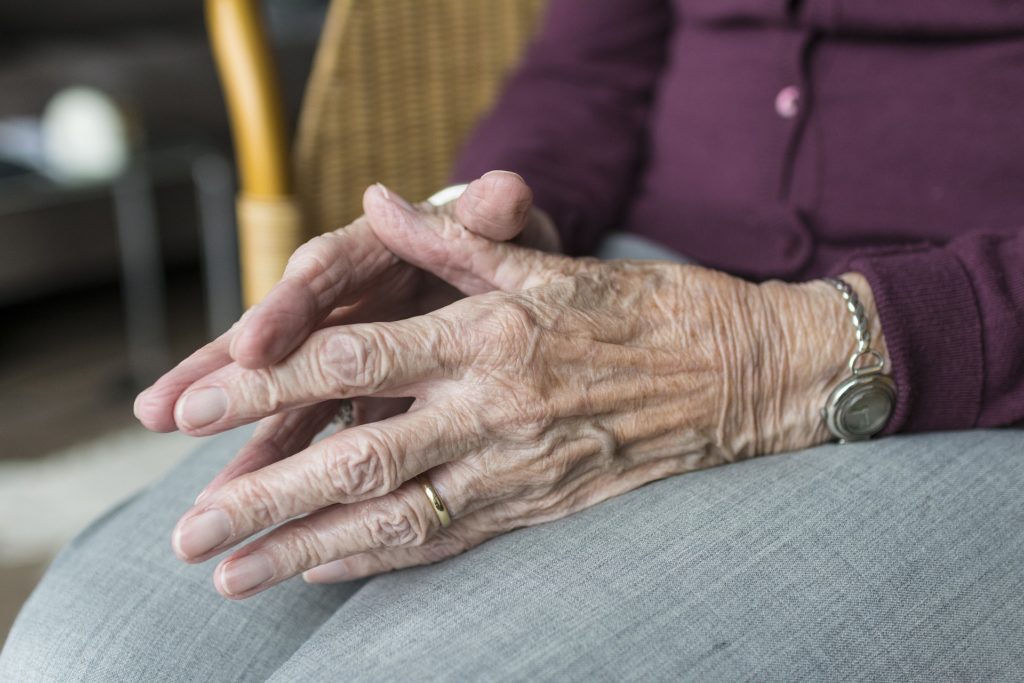The level of care that home health providers can deliver to patients living with Alzheimer’s dementia or mild cognitive impairment can have a profound impact on rehabilitation.
This intensive level of care can have greater need in years to come as the number of Americans living with Alzheimer’s dementia will more than double in the coming years, according to a study from the University of California Los Angeles (UCLA) Fielding School of Public Health.
In more granular terms, approximately 15 million Americans will have either Alzheimer’s dementia or mild cognitive impairment by 2060, up from approximately 6.08 million in 2017.
The results indicate a necessity to establish methods and processes that can slow the progression of Alzheimer’s disease in people who have been diagnosed to have pre-clinical Alzheimer’s, according to Ron Brookmeyer, professor of biostatistics at the UCLA Fielding School of Public Health, and the study’s lead author.
“There are about 47 million people in the U.S. today who have some evidence of pre-clinical Alzheimer’s, which means they have either a build-up of protein fragments called beta-amyloid or neurodegeneration of the brain, but don’t yet have symptoms,” Brookmeyer said in a press release.
Many of these individuals will not progress to Alzheimer’s dementia, Brookmeyer explained.
For this reason, improved methods to identify which individuals will progress to clinical symptoms is needed, as well as the development of interventions that could slow the progression of the disease, if not stop it entirely, he added.
In the study—which was funded by the National Institutes of Health—the researchers analyzed studies available on rates of progression of Alzheimer’s disease, and used that data in a computer model they built that took into consideration the aging of the U.S population. The model projected the numbers of people in preclinical and clinical disease states.
Brookmeyer—alongside co-authors Nada Abdalla, Dr. Claudia Kawas and Maria Corrada—found that by 2060 about 5.7 million Americans will have mild cognitive impairment and another 9.3 million will have dementia due to Alzheimer’s.
Of the latter group, about 4 million Americans will need an intensive level of care, similar to that provided by nursing homes. However, home health care can also be another avenue that provides the same level of care, according to Brookmeyer.
“Home health care can provide this kind of care and support,” he explained in an e-mail to Home Health Care News. “We only meant that an intensive level of care would be needed for persons with more advance dementia similar to that provided by nursing home, but we did not mean that only nursing homes could provide that kind of support.”
Mild cognitive impairment is an intermediate clinical stage that does not yet meet the threshold for dementia. Brookmeyer estimates that today about 2.4 million Americans are living with mild cognitive impairment due to Alzheimer’s disease.
“The work is important because for the first time it breaks down prevalence estimates by mild cognitive impairment, Alzheimer’s dementia and also advanced Alzheimer’s dementia that require the very intensive level of care and support,” Brookmeyer told HHCN. “An understanding of the prevalence numbers by stage of disease assists in planning and forecasting health care needs and the type of care that will be needed.”
Written by Carlo Calma
Companies featured in this article:
National Institutes of Health, UCLA, University of California Los Angeles




